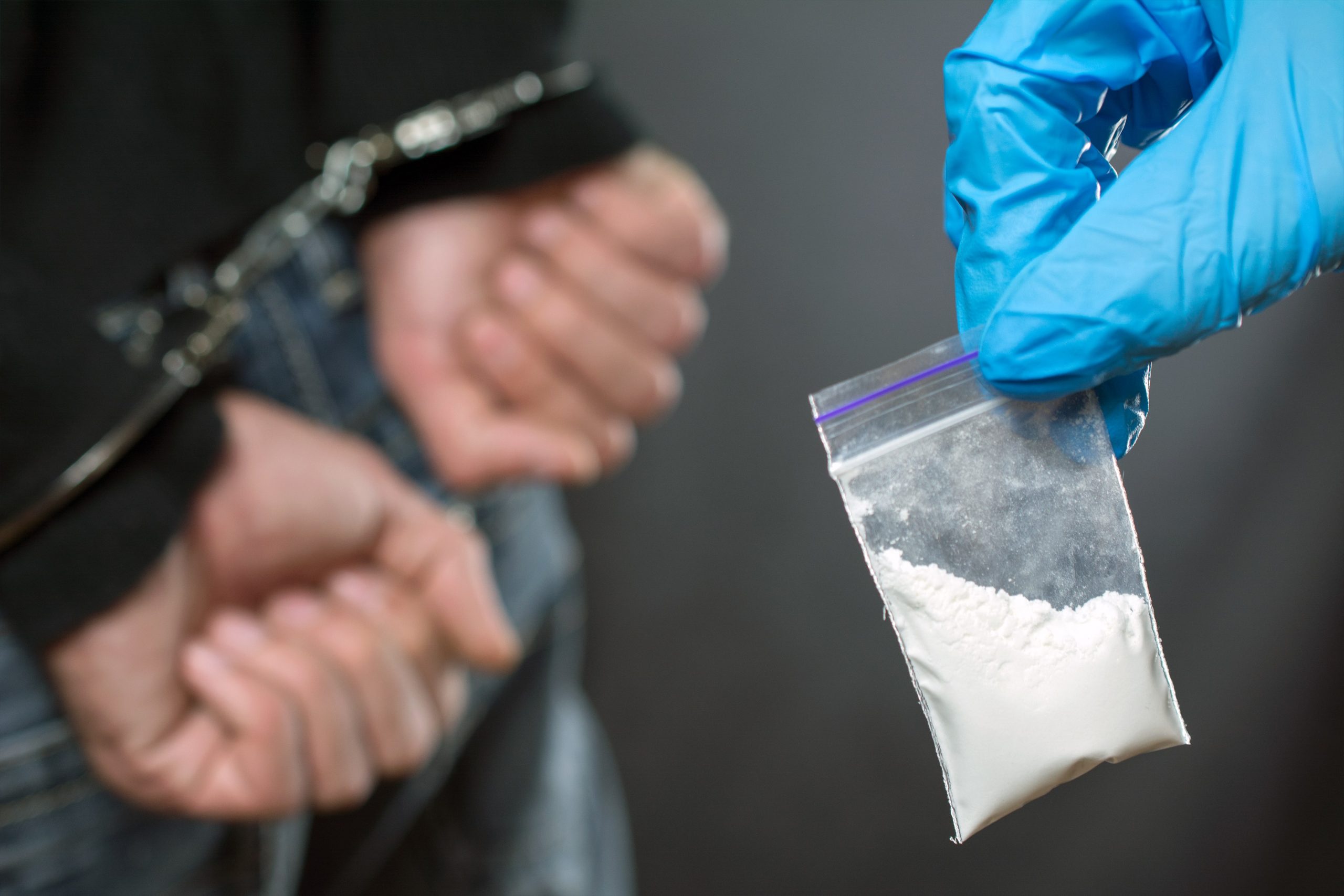Share This Article
The ACT government has decriminalised small amounts of commonly used illicit drugs with attempts to focus on minimising harm and drug diversion.
As the first Jurisdiction in the country to do so, people found with small quantities of drugs for personal use will now be cautioned, fined, or referred to drug programs rather than criminally prosecuted.
“The ACT has led the nation with a progressive approach to reducing the harm caused by illicit drugs with a focus on diversion, access to treatment and rehabilitation and reducing the stigma attached to drug use,” Rachel Stephen-Smith, the ACT health minister, said.
The Drugs of Dependence (Personal Use) Bill Amendment was passed by the ACT Legislative Assembly on Thursday.
The new Law reform follows recommendations of a legislative assembly inquiry into the proposal, tabled by Labour representative, Michael Pettersson last year.
The reform has not yet come into play, requiring a 12-month transition period so police can be trained, and the community can be aware of the new laws.
“This sensible reform is based on the expert advice that a health-focused, harm-reduction approach delivers the best outcome for people using drugs.” Rachel Stephen-Smith said.
Those found possessing a small quantity of these decriminalised drugs will be imposed a civil fine of $100 however, they will not need to pay this if they choose to attend a diversion class.
This attempts to divert individuals away from the demanding criminal justice system where a person in possession of illicit drugs faces up to a maximum penalty of two years in jail under the current laws in place.
ACT Health Minister said evidence showed criminalising drug use doesn’t reduce drug use therefore substance abuse needed to be treated as a health issue rather than a criminal one.
The ACT government has stressed that whilst the reform is a progressive move forward, the new laws are not to be taken as an encouragement for people to partake in drug use nor does it aim to facilitate drug trafficking.
Police will still use their discretion in response to drug dealing in the ACT and will use police powers to impose punishment for the supply of illicit drugs.
Deputy Liberal leader Jeremy Hanson has opposed the new amendments calling the removal of “criminal aspects as a significant deterrence” is a “radical reform” that will lead to increased crime.
“It’s not going to change the number of people going into the criminal justice system, and it’s not going to fix the problem that we have now which is not enough people being able to access treatment.” Hanson said to the ABC.
New South Wales Drug Laws
Possession of drugs in NSW is knowingly having the physical custody or control of a prohibited drug to the exclusion of others not acting in concert. In New South Wales, this offence attracts heavy penalties with potential for a criminal conviction unless a section 10 or CRO non conviction is imposed, or you receive and pay an on the spot fine for possession of a prohibited drug.
Drug Possession is an offence under Section 10(1) of the Drug Misuse and Trafficking Act 1985 No 226.
In NSW Penalties for drug possession attract up to 2-years imprisonment sentence for possession of drugs in NSW, or a $2,200 fine, or both. This includes a criminal conviction under section 21 of the Misuse and Trafficking Act.
Under schedule 4 of the Criminal Procedure Regulation 2017 (NSW) Police are also able to issue an on-the-spot penalty notice fine of $400 to anyone caught possessing drugs.
Unlike the reform in the ACT territory, NSW legislation recognises drugs such as speed, heroin, and cocaine as illicit where judges will use their discretion to impose penalties to combat this dangerous issue in the community.
In NSW the possession of drugs is still a large issue with 16,276 persons being proceeded against by police for drug possession and/or use last year in 2021.
Despite the severity of the issue, it is unlikely that NSW will be brought in alignment with the ACT as NSW Premier, Dominic Perrottet has ruled out decriminalising drug possession in NSW.
“This is the balance you have to get right. We need to send clear messages to people across the state to not take drugs.”Dominic Perrottet said.
Despite NSW’s disagreement with the decriminalisation of illicit drugs, advocates and campaigners continue to push for a more progressive community and law reforms that meet the needs of the current societal climate.
By Alyssa Maschmedt.









